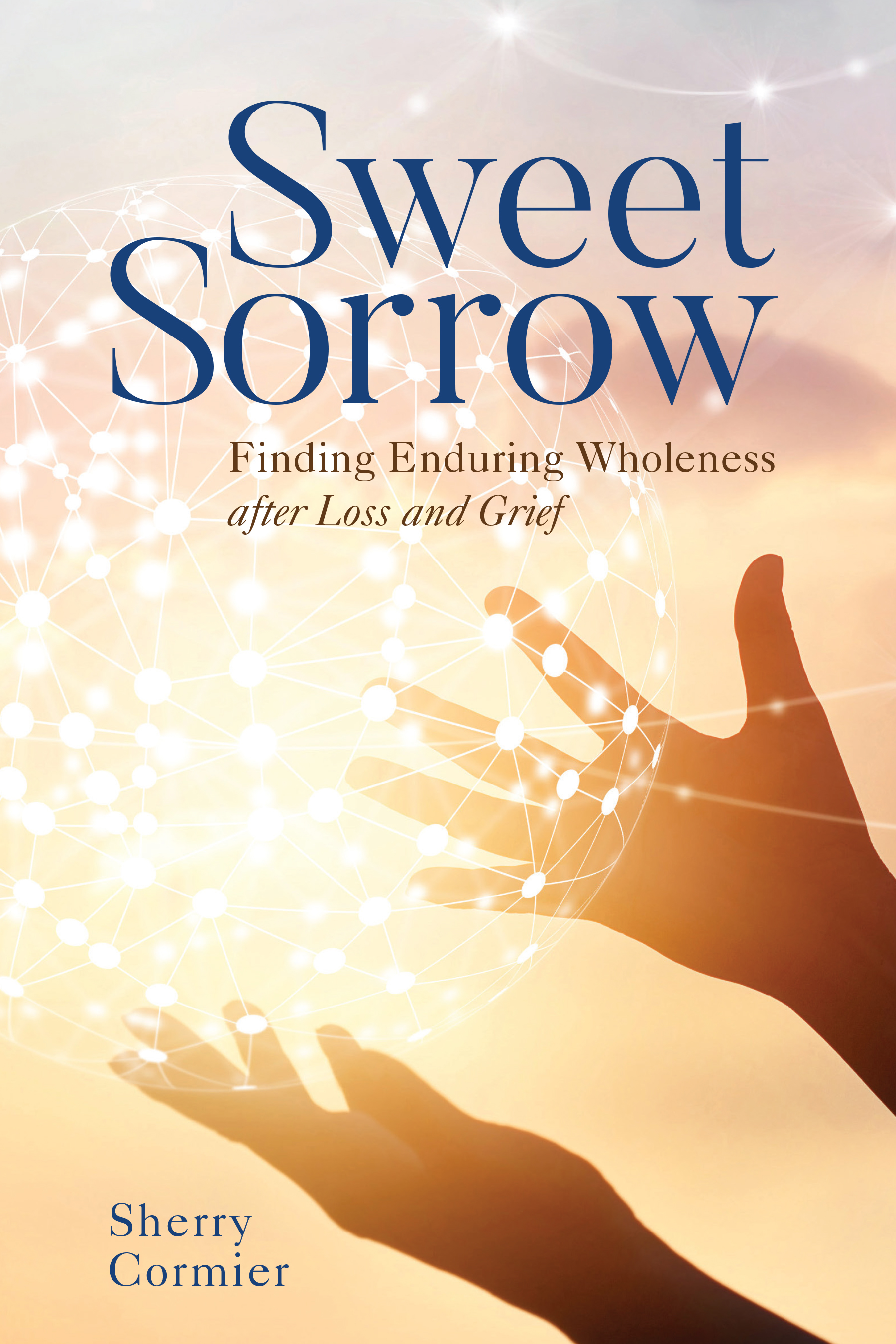We all face difficult life events. Recall the time that you walked into work, ready to meet your dear colleague only to discover she had been killed in a head on collision on her way to work. Or the time that you obtained a coveted job and three years later were informed there would massive layoffs and you would be one of them.
These events are more than daily hassles like being rerouted on the way to work due to road construction or having your internet service disrupted because of a power outage. These are turning points that shake you to the core and challenge your basic assumptions about the world and your place in it.
How do we grow from these events, often blindsiding us like a car coming around the curve at 100 mph?
Here are five possible ways:
Develop Acceptance of What Is Unfolding.
When something happens we don’t like or didn’t choose, our immediate reaction is usually resistance. We complain bitterly about the utter unfairness that this is happening to us. The brain has a built in negativity bias. Yet our resistance usually makes us feel worse. When we can develop some acceptance for what is happening, we reduce our frustration and our stress. One strategy for managing our emotions about difficult life circumstances is journaling. Short journal entries written just several times a week about traumatic experiences produces more positive emotion advises researcher James Pennebaker.
Balance Time Alone and Time with Others.
There’s no doubt that finding our tribe and spending time with them is one of the most important ways to heal from a traumatic life occurrence. In part, this is because when we are in the presence of other safe trustworthy individuals, our neurochemistry “syncs” up. Being in proximity with our tribe releases oxytocin which makes us feel better and is also an antidote for the stress hormone cortisol which usually is produced in massive quantities during and following a difficult life stressor. We need the solace of community following a trauma. At the same time, we also need time to care for ourselves –to be alone, to reflect, to sleep, to nourish our bodies with movement and healthy foods. When we don’t take time to nourish ourselves, we sabotage our physical and mental well-being and also our ability to grow from the difficult life event we’ve faced. As the gym banner says, “If you don’t take care of your body, where will you live?”
Make Space for Gratitude.
It’s hard to feel grateful when our circumstances change in some uncontrollable manner. Yet it’s precisely when we don’t feel grateful that we need to make room for blessings. Yes, we just lost the love of our life or our house got flooded in a storm– yet in the midst of all this, pay attention to what we still have. Sufficient food? The ability to hear, see, touch, and remember? Family or friends? Note one thing every morning and another thing every evening that blesses you. This practice enhances our immune system, reduces stress, and ensures that the traumatic event doesn‘t inhabit our entire self!
Seek out a Spiritual Practice.
Gratitude is a type of spiritual practice. Spiritual practices like gratitude help us cope with challenges in more positive ways. In addition to a gratitude practice, utilize an additional spiritual practice on a daily basis such as mindfulness based stress reduction developed by Kabat Zinn, or a meditation APP like Calm or HeadSpace, or prayer. Spiritual practices help us cope more effectively with our emotions, reduce unnecessary brooding about our problems, and rebound more quickly from the trauma we’ve endured.
Suspend Judgment About What This Means.
A wise friend of mine once said: “There’s no such thing as good news or bad news. There’s just news.” What I’ve learned from my own catastrophic life events and from those I’ve counseled, is that we can’t determine initially what the outcome will be from the situation. We may struggle financially after losing that job for a time and yet a decade later be making more money or owning our own company! So resist the urge to label this event as the worst thing that’s ever happened. Suspend judgment about the outcome – it’s just too early to know! Usually the eventual outcome of a challenging life circumstance doesn’t match our anticipated nightmare. In the words of Mary Oliver, “Someone I once loved gave me a box full of darkness. It took me years to understand that this too was a gift.”


